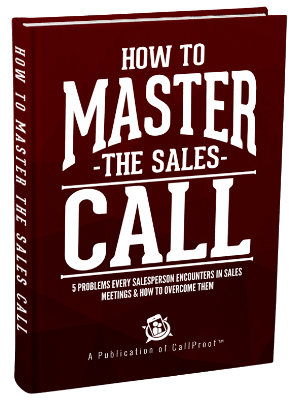
…and what you can do about it.
“Sales is the best career option for people who hate to actually work.”
I couldn’t tell you how many times I’ve heard various forms of that statement. It really is true. Selling as a profession isn’t about “work”. It’s about relationships. It’s about connecting with another human, finding a way to solve their pain, and making yourself available to solve that pain in a manner conducive to increasing revenue. When I managed retail locations I was always keen to hire anyone who applied that was a musician. If you played in a band, you already had a leg up in my mind.
My logic behind that was this:
People who create, record, and perform music do it because they enjoy connecting with people (for the most part). They see things in their lives that others experience and they document it. People share those viewpoints and they consume.
Wash. Rinse. Repeat.
Once I had a few managerial years under my belt I started noticing a trend. My best sales people absolutely hated anything that took away from them actually selling. If I wanted a push for collecting email addresses, I had to either bribe them or wax poetic about the virtues of data collection and how I (as their manager) would use the information they provided me to increase their lead-flow. My worst sales people were exactly the opposite. They fed me information to the point that my customer database resembled Jabba the Hut and was bursting at the seams with quality info.
Why did this happen? There are two clear reasons:
-
People who aren’t good at sales are great at gathering information because that information subconsciously validates their existence. They could not get leads on their own so they felt providing me with more data would encourage me to hold their hand and provide them more easily closable leads.
-
People who were excellent at sales didn’t care about the information. They were getting paid because they were moving products. Getting me good data didn’t increase their paycheck. It just increased their workload.
Let’s look at the two major types of data that sales managers require.
-
Call Reports: I want to know which customers you called.
-
Activity Reports: I want to know whom you met with.



